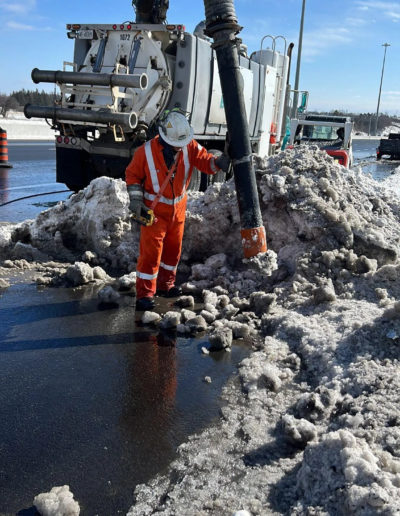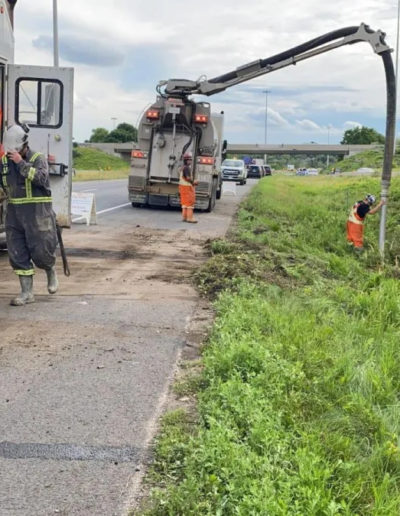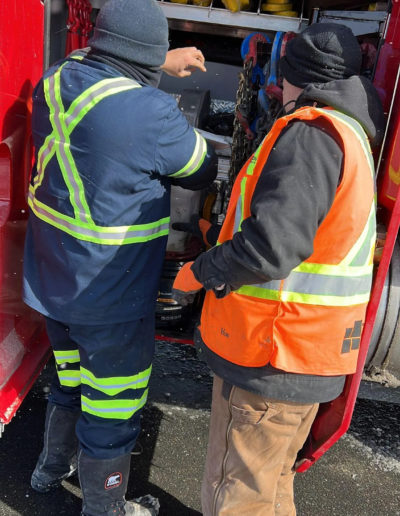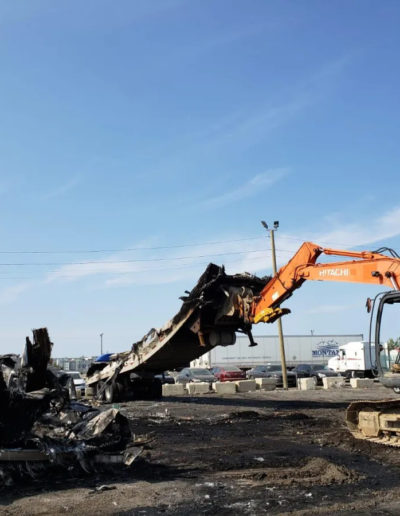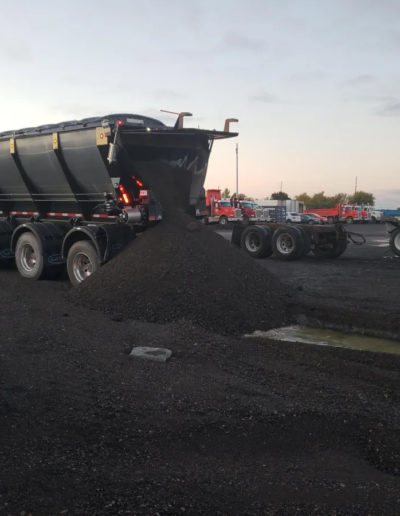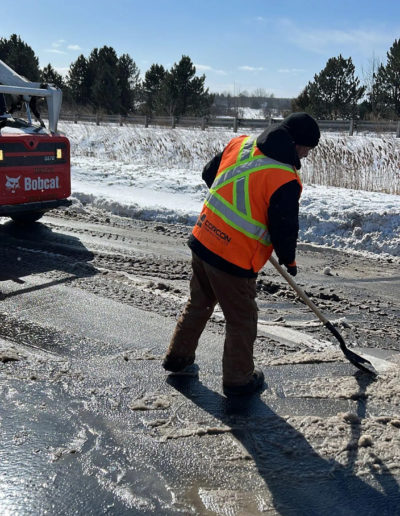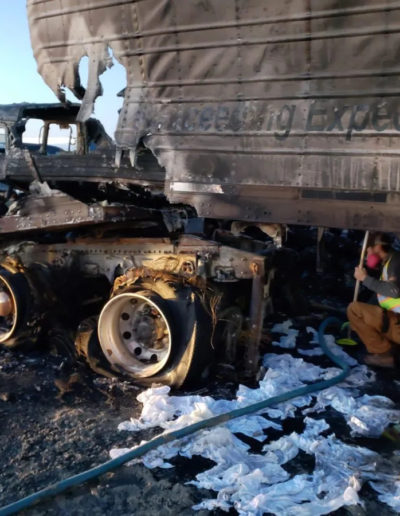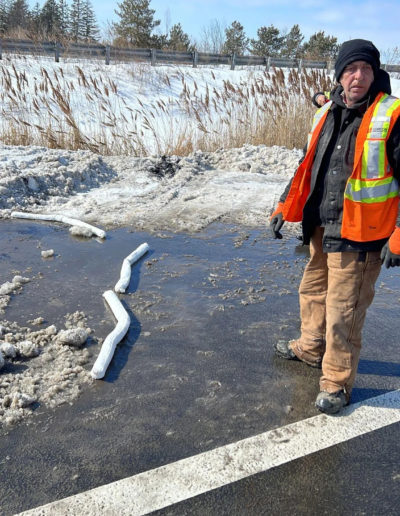HAZARDOUS MATERIAL REMOVAL
Every emergency brings its own set of unique challenges and tasks; York Restoration works diligently to perform an analysis of each unique substance and implement a speedy work response catered to each remediation.
Our teams are engaged in continuous training and development regarding building structures and codes; as well as being updated regularly on city bylaws, in order to perform optimally.
Call now to get your QUOTE.
or complete the FORM below and we’ll get back to you!
Team of experts are here
to help you 24/7!
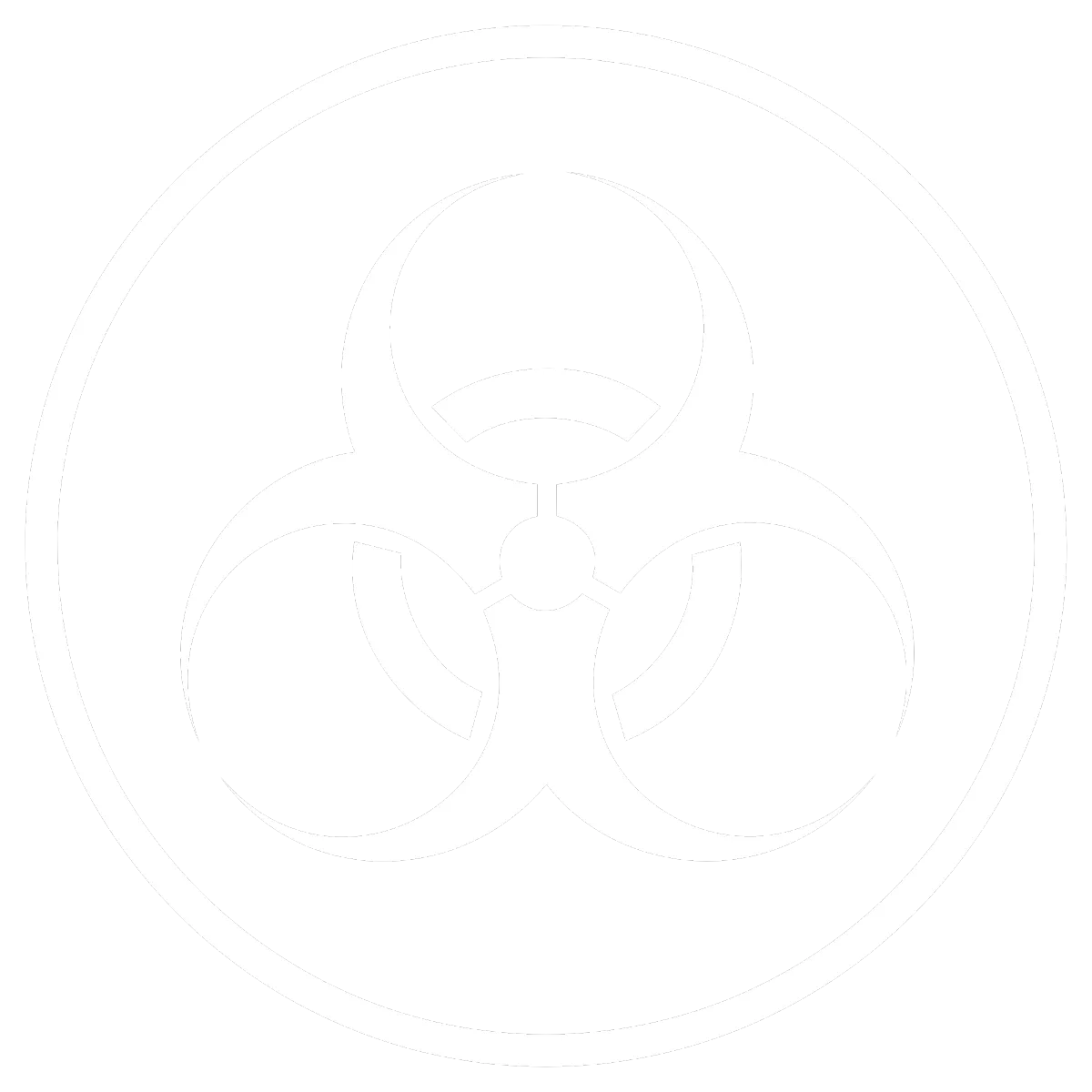
Hazardous Material Removal
Mould and Asbestos Removal
Mould and asbestos are very harmful to the health of humans. York Restoration can safely and affordably remove these harmful bacteria and substances from your building.
Hazard Restoration
York Restoration has the equipment and personnel to manage various hazardous situations from chemical spills to septic tank rupture. Contact us immediately to remedy your situation.
Trauma Remediation
York Restoration offers specialized trauma-focused counseling services, providing compassionate support to individuals, helping them process trauma, develop coping mechanisms, and work towards healing and recovery.
Grow-op Remediation
On the rare and unfortunate occasion that you need to have a grow-op remediation done at your Toronto property after it was used as a marijuana grow house or lab, York Restoration can help you
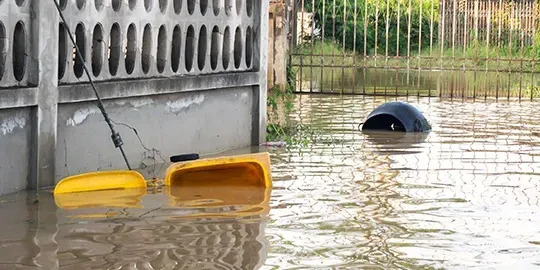
Need help right away? We’re ready to help.
Our support available to help you 24 hours a day, seven days a week. You can rely on us to provide quick, dependable, and high-quality services

M-F 8am-5pm (24hrs Emergency)
About Us
Yorkrestoration is a boutique restoration company, and prides itself on going above and beyond its customers’ needs and expectations, thriving on personalized, individualized service. yorkrestoration’s teams of professional and courteous field and back office staff are equipped to handle disastrous events on all levels, while maintaining a level of consistent service expected from insurers

Emergency? Immediate response 24/7!
+1.888.403.3566
What our clients are saying
Professional and knowledgeable staff…assisted us and were able to get results done efficiently . Would recommend them for risk management . Thank you York Restoration
Emma C.
My basement flooded after a huge downpour of rain on Friday August 17th, 2018. York Restoration was at my house within a few hours and the crew of guys worked from 8pm to 10:30pm on a Friday night! They returned the next morning and continued to clean up the mess and begin drying my floors. In a horrible situation for me this company were like angels! I would recommend to anyone!
Lee W.
Extremely fast service and a super professional team! 24/7 excellence!
Enrique H.
Frequently Asked Questions
How do you properly dispose of hazardous materials?
Certain dangerous household wastes can be disposed of in landfills, provided that specific guidelines are adhered to. Before throwing away hazardous product containers, make sure to rinse them multiple times. The rinse solution can be used in the same way as the chemical solution was being used.
What are the five methods of hazardous waste disposal?
In the United States, various management methods are employed for handling hazardous waste, including thermal, physical, chemical, biological, recovery, reclamation, and landfill methods. Thermal treatment is one of these methods and involves the use of RCRA-permitted incinerators, boilers, industrial furnaces (BIFs), or other approved thermal treatment units for hazardous waste disposal.
What is waste management for hazardous materials?
The management of hazardous waste is a comprehensive process that encompasses various stages such as collection, recycling, treatment, transportation, disposal, and ongoing monitoring of waste disposal sites. However, in many developing countries, the current scenario is concerning, as hazardous wastes are often disposed of directly into the environment without proper treatment or containment. This improper disposal poses significant health and environmental risks, contributing to pollution and potential harm to both humans and the ecosystem. Effective waste management practices and proper regulations are essential to mitigate these risks and safeguard public health and the environment.
What are examples of hazardous waste materials?
Motor oil, automobile batteries, paints and solvents, household cleaners, drain openers, pesticides, and compressed gas tanks (e.g., propane and oxygen) are examples of hazardous household wastes. Proper management of these wastes is crucial to prevent environmental pollution and potential health risks.
These items should not be disposed of in regular household trash or poured down drains. Instead, they require special treatment and disposal methods to ensure safe handling and minimize their impact on the environment.
For motor oil, automobile batteries, and compressed gas tanks, recycling and proper disposal facilities are available in many communities. Paints and solvents, household cleaners, drain openers, and pesticides often have specific instructions for disposal on their labels. Following these guidelines is essential to protect human health and the environment. Moreover, many areas have designated collection points or hazardous waste facilities for the proper disposal of such materials. Residents should check with their local waste management authorities to find the best methods for disposing of hazardous household waste in their area.
How does hazardous waste affect the environment?
Indeed, the impacts of hazardous waste on the environment can be extremely devastating. When these wastes find their way into lakes or rivers, they can lead to the death of aquatic organisms and disrupt the delicate balance of aquatic ecosystems. Contaminated areas can suffer from the destruction of animals and plants, leading to a loss of biodiversity and further disrupting ecological equilibrium.
Hazardous waste can also have severe consequences for animal populations, causing major reproductive complications, birth defects, and overall negative health effects. These effects can propagate through food chains, affecting not only individual animals but entire populations and species.
Furthermore, hazardous waste can directly or indirectly limit the ability of ecosystems to survive and recover. When a critical component of an ecosystem is harmed or removed, the entire system’s functionality may be compromised, leading to long-term ecological consequences.
To prevent these devastating impacts, responsible waste management practices are essential. Proper treatment, recycling, and disposal of hazardous waste, as well as adherence to environmental regulations and guidelines, are crucial for protecting the environment and ensuring the sustainability of ecosystems.
Emergency? Immediate response 24/7!
+1.888.403.3566
Emergency? Immediate response 24/7!

